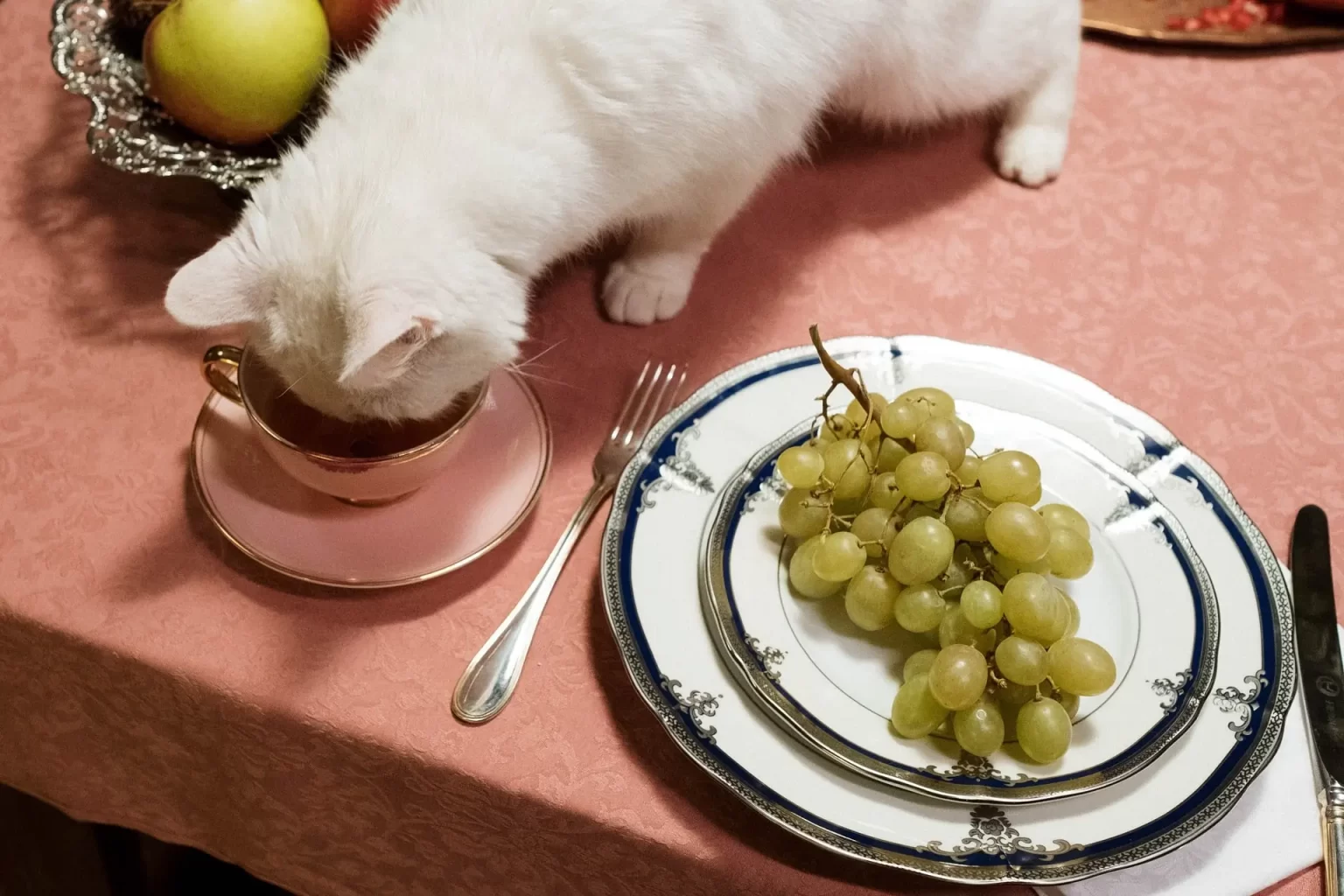Castration is an act of love for the pet and the duty of every responsible guardian, as well as ensuring the pet’s health after surgery in terms of food. Therefore, let’s explain the question “Why do neutered cats have to eat neutered cat food ?”.
Surgical sterilization has several health benefits for cats. On the other hand, many studies have shown that felines experience significant weight gain after this procedure. See other changes below.
Physiological changes that lead to post-castration weight gain
Post-castration physiological changes explain the question “Why do neutered cats have to eat neutered cat food?”. Research has shown changes in prolactin, cholecystokinin, leptin, and insulin-dependent growth factor responses.
With the removal of the ovaries and testes, there is a decrease in estrogen, estradiol, and testosterone, respectively, in the blood concentration.
Estrogen stimulates leptin, which leads to uncontrolled appetite and satiety regulation. Furthermore, it is responsible for maintaining physical activity at high levels. With the decrease, the pussy becomes less active.
The decrease in estradiol causes an increase in food intake. The drop in testosterone also causes a decrease in the male’s physical activity, as he stops looking for a sexual partner and wandering around to defend his territory.
Changes in the cat’s eating habits after neutering
The vast majority of owners adopt ad libitum feeding for their pussies, that is, food as much as they want! This is the first of the cat’s post-castration care that the veterinarian usually changes. As the increase in food intake occurs after castration, this explains the question “Why do neutered cats have to eat neutered cat food?”.
A study that followed cats for 3 months after surgery showed that males gained 30.2% of weight and females gained 40%. The kittens were 24% heavier than unneutered cats of the same age.
Another study aimed to quantify the metabolic rate of castrated cats and compared it with that of uncastrated felines. The result was that castrated females have a 33% lower metabolism, while males have a 28% lower metabolism.
As metabolism is lower, weight gain is greater. Therefore, the recommendation to avoid this increase in the weight of cats is that food is not provided ad libitum, but according to the food manufacturer’s recommendation.
Harms of obesity in cats
Obesity is associated with several diseases. Of obese cats, 80% develop diabetes. Arthropathies occur 5 times more often in overweight cats. They still have 3 times more skin diseases of non-allergic origin.
There is a 7-fold increase in the risk of developing calcium oxalate urinary stones and a 3.5-fold increase in the formation of struvite uroliths and the development of chronic diarrhea. All of this justifies the question “Why do neutered cats have to eat neutered cat food?”.
What is the correct food for a neutered cat?
Food for neutered cats must have a metabolizable energy restriction of 20% to 30%. The protein content needs to be high, as it provides fewer calories than fat and carbohydrates, preserves muscle mass, and helps control blood sugar.
A high fiber content helps to increase satiety and dilutes metabolizable energy, helping to maintain weight. The addition of L-carnitine helps burn calories.
This food for neutered cats needs to be started as soon as the cat has recovered from surgery. Changing the feed must be carried out gradually to avoid gastrointestinal changes.
Neutered cat food has the same variety as regular cat food. There are foods for puppies, adults, and neutered seniors. This way, in addition to weight control, they meet nutritional needs for each age.
Other recommendations to avoid weight gain
Promoting games, especially hunting, increases energy expenditure, as does environmental enrichment, such as placing high shelves, scratching posts, dens, and smart toys.
Monthly visits to the veterinarian in the first three months (or more, if necessary) after surgical sterilization help the owner control the cat’s weight, as well as involve everyone in the family.
Benefits of wet food
Wet food for cats is complete and balanced, with the advantage of having more water in the composition, which helps prevent urinary tract diseases in cats.
It has a higher protein content than dry food, therefore, it provides better weight control and prevents an obese cat. The composition is very similar to that of the prey that the cat would eat if it were in the wild. Therefore, it is considered one of the best foods for felines.




